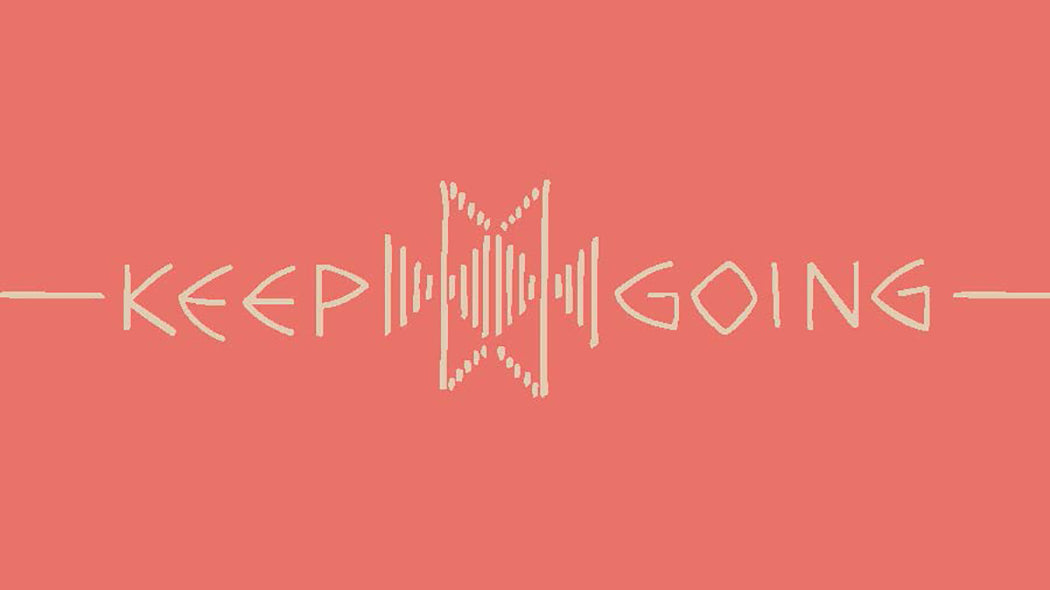May is mental health month; what a year to focus on mental health. Everyone, across the world, has been dealing with upheaval, life changes, and loss. For each person, a mental health issue such as depression, manifests differently. Age, gender and personality all play a part in how depression is expressed. It is important to know the warning signs so that we can all help each other.
Our friends at Betterhelp bring up a really good point: if you suspect that a friend or family member may be depressed, “think very carefully” before you take any action. The best thing to do is offer your time and availability to talk when that person wants to. Don’t force a conversation. Listen, don’t lecture.
1. Loss of appetite
Generally, a loss of interest in things we like is a sign of depression. Proper nutrition is important for overall health, but especially someone struggling with a mental health issue: poor nutrition can deepen depression.
BUT! Some people may begin overeating when they are depressed. Food can provide predictability (I know that I like this and it makes me feel good) and safety (I feel full and happy for the moment).
The basic thing to know here is, any major change in eating habits could be a warning sign.
2. Risky behaviors
This can include physical risks, emotional risks or risks associated with substances (such as alcohol). Ending a relationship abruptly, disregarding possessions that were once important, or abusing a substance: keep an eye out for these changes. Often, people with depression self-medicate with substances.
Remember, this warning sign may not manifest in the way you expect. An introvert may drink alone, while an extrovert may participate in more public risky behaviors.
3. Fatigue
Ever heard of the depression nap? Sleep is often an escape for mental health issues. Mental health issues are exhausting. Our bodies use energy to think and feel, and often negative feelings take the most effort. If there is someone in your life who is suddenly sleeping a lot, reach out and create a space to talk.
4. Sudden improvement of mood
Yes, this mental health stuff can be confusing. If someone who you were worried about quickly becomes quite happy you may think they have improved. Depression is a truly chronic disease, it does not disappear out of nowhere, for no reason. Professionals say that a sudden boost in mood is often one of the most critical signs of severe depression. Consult professional help.
5. Loss of interest in activities
As you can see, any change in behavior of a person can be a sign. The specific activity that this sign is pointing to is sex. A person’s physical pleasure drive is affected severely by depression. For those of you with partners out there, make sure to have a safe, and healthy conversation around why your person’s interest in this activity has changed.
6. Teens & children
Young people have significantly less options than adults (they don’t have the funds, or power to change their life dramatically). What this means is that it can be harder to spot depression in a young person. Also, teens may resort to dramatic and extreme measures to deal with depression because they usually are not able to quit their job (if they have one), move away, get a change of scenery, or find a counselor on their own.
Young children, when it comes to depression, have the additional obstacle that they cannot communicate as effectively about their internal emotional and mental landscape. The best idea for a child is to consult a professional child psychologist.
There are lots of reasons that someone may struggle with depression, common causes can be genetics, chemical differences, hormones, and trauma or stress. If you or someone you know needs help, consider online counseling with Better Help, or call the National Helpline.
Elise
